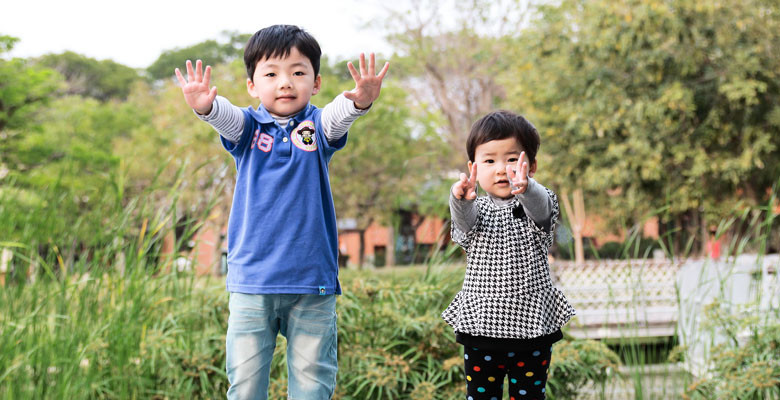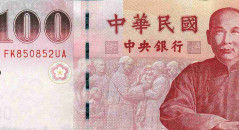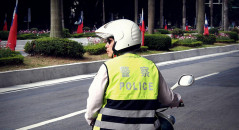
Children are doted on in Taiwan, but educational standards are suspect and children study extremely long hours
Children
Children are prized in Taiwan, and those with foreign genes will be an especial focus of interest. Mixed race children, called hunxier (“mixed blood”, no negative connotation), are a subject of fascination, and the prevailing opinion is that such children are particularly good looking. There is huge family pressure on Taiwanese couples to produce offspring, particularly sons, to continue the family line. The practice of selectively aborting female foetuses has been recorded, and it is now illegal for medical staff to reveal the gender of a foetus before the abortion cut-off date. Taiwan’s population used to have a significant gender imbalance in favour of males, but the combination of of changing cultural practices and longer female lifespans mean that in the latest (2013) population statistics, there are slightly more women than men in the country.
Care for pregnant women is good, but limited compared to many western countries. There is little in the way of antenatal classes, but check-ups are regular and covered by National Health Insurance. If extra tests are required then fees may be applicable. Convalescence is an established tradition postpartum, and many new mothers zuo yuezi (“sit the month”) either in a specialised maternity home or at their residence with family and health workers on hand to cook and clean for them. Maternity leave is two months at 100% salary, while Taiwan is behind the times on paternity leave, currently allowing just three days. There is also an option for either parent (though not both) to take six months extra unpaid leave, during which time the government will pay a monthly stipend of 60% of the parent’s pre-leave salary (up to a certain ceiling).
Education
Taiwan has a system of free compulsory public schooling from ages 6 to 15, with 95% of students staying on to 18. Public kindergartens are also available from 3 years old. The school system in Taiwan is highly traditional, with an emphasis on discipline, including school uniforms and a responsibility on schoolchildren for cleaning their classrooms and surrounding areas of the school. Corporal punishment is illegal, but still practiced in some schools with the tacit acknowledgment of parents. The education system emphasises conformity, respect for authority, and rote learning. Taiwanese students generally excel at mathematics and the hard sciences, but lag behind in many other areas compared with their western peers, and are often criticised for lacking individuality and critical thinking skills. School days are long, and often extended by after-school instruction, with many Junior High School students following a regular program of twelve-hour days on Monday to Friday, with supplementary classes on the weekends.
There are also a number of international schools, with the most famous being Taipei American School. These fee-paying schools offer an international curriculum, and lessons are conducted in English (or French, German, and Japanese for other international schools).
Photo by Chen Cheng-yu.



